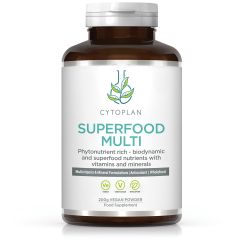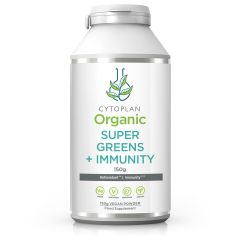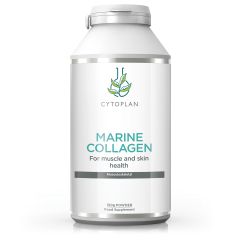Hydration
Staying well hydrated is one of the best healthy habits you can adopt to support your overall health and wellbeing, despite often being overlooked. Water is essential for life and involved in virtually every function in the human body – in fact, an adult human is roughly 60% water! It is used in regulation of body temperature, as a solvent for biochemical reactions, to support the digestive system, for transporting nutrients around the body and the removal of waste products. We constantly lose water through everyday activities such as sweating, bowel movements, urinating, even breathing and if this fluid isn’t replenished, we can become dehydrated.
Let’s have a look at some of the areas of health that staying well hydrated can benefit:
Skin health –
Our skin is our largest organ, and an external reflection of the health of our body inside. The skin contains around 30% water, but these levels can quickly drop through sweating, leaving the skin dehydrated. Signs of dehydrated skin include dullness, dark circles under the eyes and an increase in fine lines and wrinkles.
It has been demonstrated that hydrating your skin from the inside can be just as effective as applying topical moisturisers to the skin. Upping your water intake can effectively increase the hydration levels in the skin and reduce clinical signs of dryness and roughness, as well as improving skin elasticity.
Digestive Health –
Getting plenty of fluids is essential for our digestive health. Water helps to break down our food, aids nutrient absorption, lubricates our digestive tract and helps to soften stools, so can protect against digestive issues such as constipation.
Brain health and mood –
Our brains are 80-85% water, and even mild dehydration has been shown to reduce cognitive performance, including concentration and memory, as well as mood imbalances – so we can see that adequate daily water intake is essential for maintaining optimal brain function. Dehydration can also contribute to the frequency of headaches and migraine.
Exercise performance –
Hydration plays an important role in physical performance, injury prevention and recovery for those who engage in regular exercise, and particularly those who undergo intense exercise or are in hot climates. Dehydration can lead to ineffective temperature control, fatigue and reduced motivation for exercise. Staying well hydrated has also been shown to attenuate the oxidative damage that can come about from intense exercise.
How to stay hydrated:
While there are different opinions as to the optimal amount of water to drink each day, and this will vary from person to person, most of us could benefit from upping our intake. The NHS recommends drinking 6-8 glasses of water per day (around 1.2 – 1.5L), which is a great starting point.
- Swap sugary fizzy drinks, or “sugar free” with artificial sweeteners for infused water you can make at home. Sliced citrus fruit, fresh mint or crushed berries are all great options.
- Great hydration isn’t limited to water: herbal teas and even caffeinated tea and coffee (in moderate amounts) can help to hydrate you. Coconut water can also be helpful to support rehydration after exercise as it provides electrolytes such as potassium and magnesium, which can be lost through sweating.
- Most people will get about 20% of their water intake from foods, so be sure to include plenty of liquid-rich foods in your diet. Great options include fruits, vegetables, soups, broths and plain natural yogurt.
- Conversely, some foods can contribute to dehydration. Fast food, savoury snacks, ready meals, takeaways and processed meats are often very high in salt, and high sodium levels can contribute to dehydration as your kidneys increase urine output to help to normalise the levels.
Be mindful that in hot weather, after exercising, during a fever and in pregnancy/breastfeeding, our water loss will be greater so we will need to up our intake to replenish our water levels.
More concentrated, darker colour of urine is a good indicator of dehydration, so if you experience this, be sure to increase your liquid intake.










